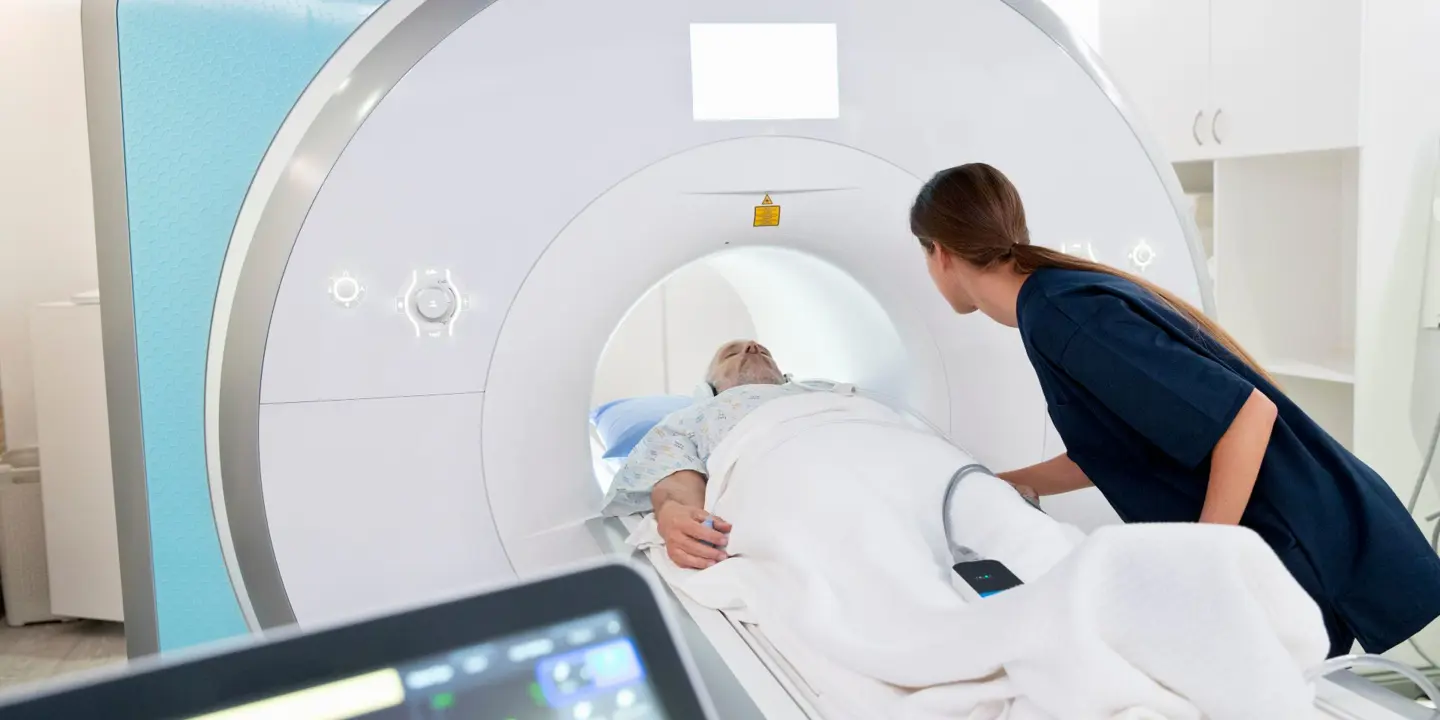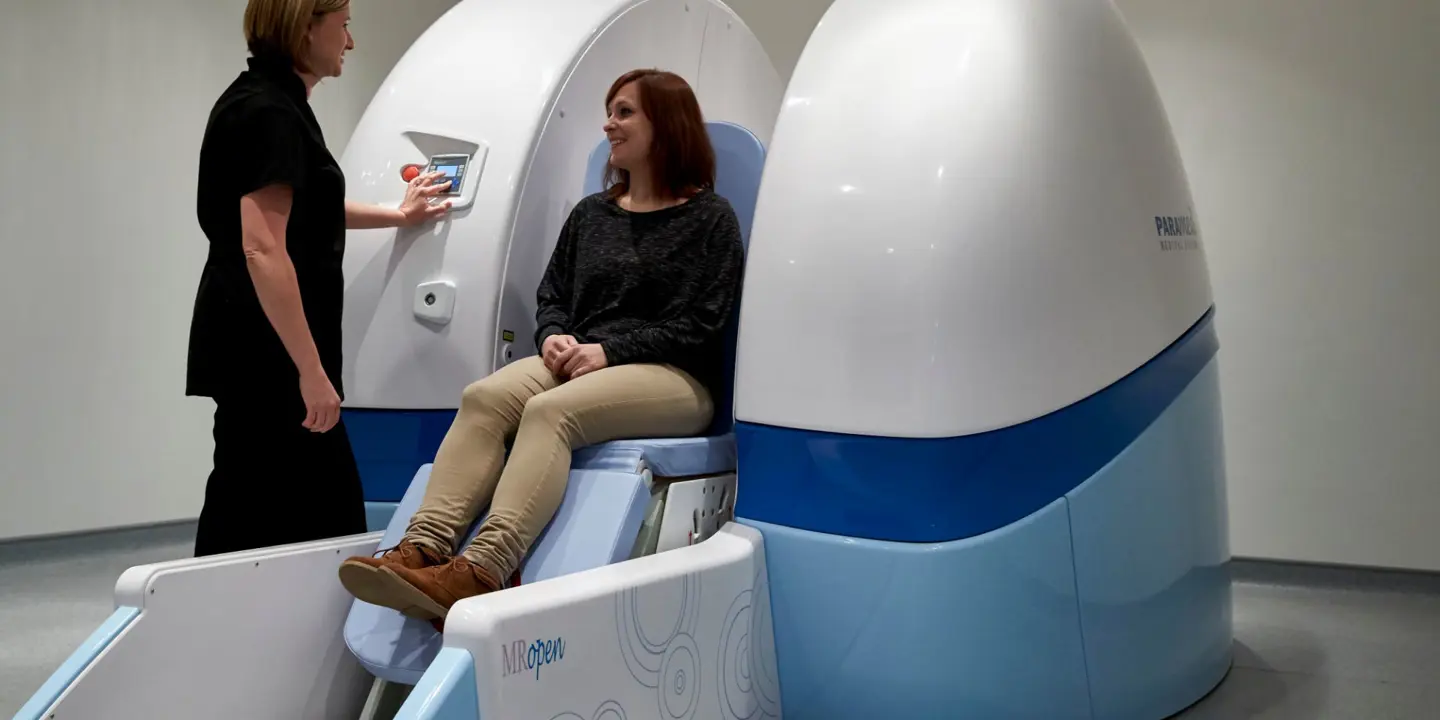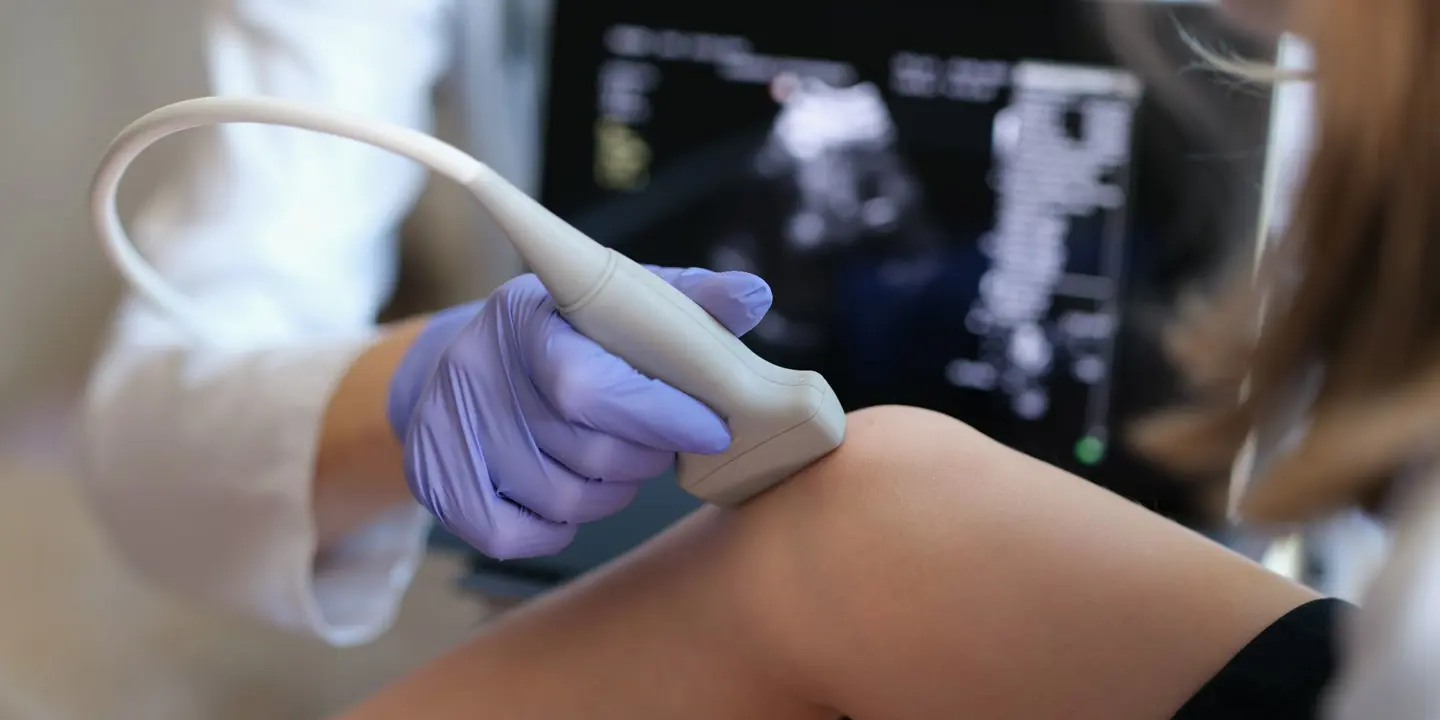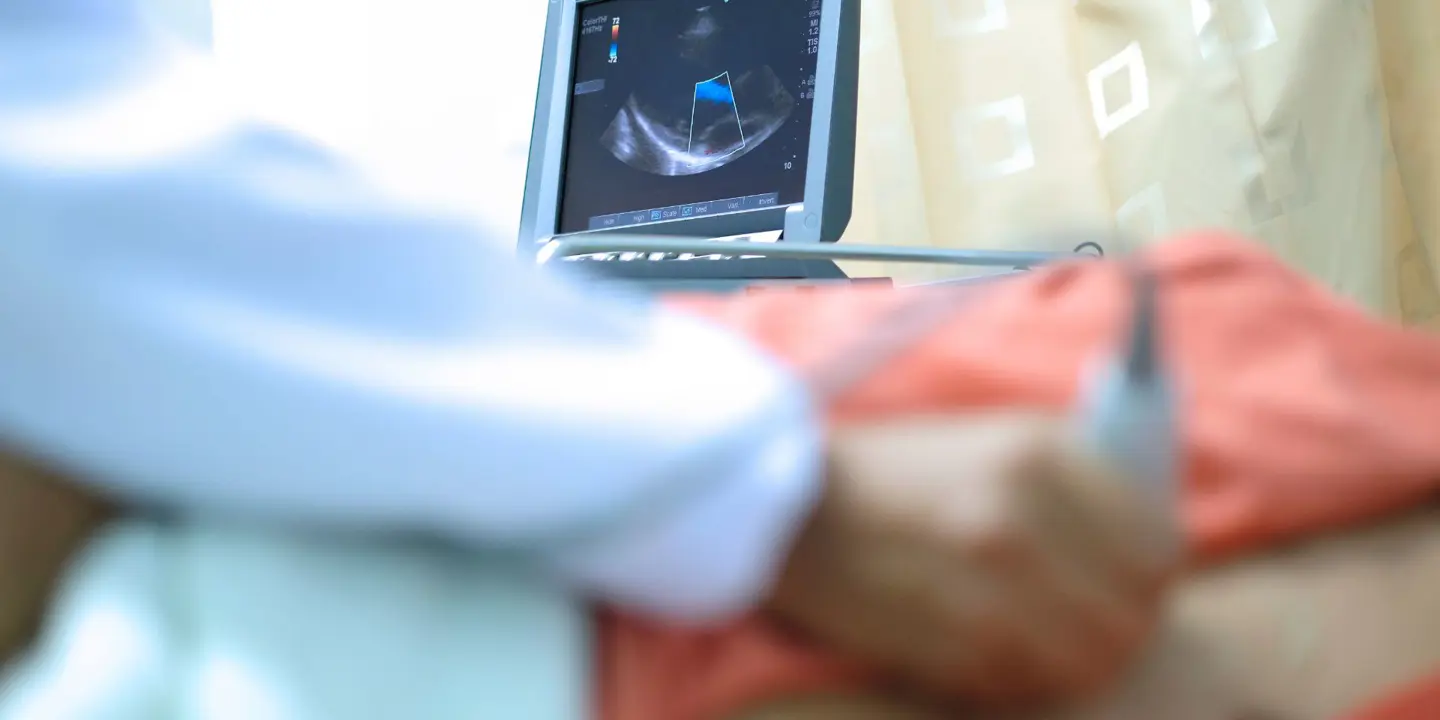Back pain is quite common in the UK, with a third of the population being plagued by this ailment. In fact, it has led to about 2.6 million people seeking advice from their physicians each year. While most of these cases don’t seem that alarming, those with chronic, long-term back pain experience great difficulty resuming normal activities, if at all, which is especially true for lower back pain. Those affected can develop certain disabilities associated with the condition if it is left untreated.
Fortunately, back pain is highly treatable if addressed early enough, and more serious conditions can be prevented with just the right preventive measures. Here are four tips on managing your back pain to keep you healthy and pain-free.
1. Exercise
One of the causes of an aching back is excess pressure exerted on the muscles and spine, which results in the weakening of that area. Exercising is an excellent way to alleviate pain caused by weak back muscles, as it reduces stiffness and improves mobility. Physical activities also strengthen your ligaments and tendons to withstand stress without giving way to injury and pain.
You needn’t take part in an athletic-level exercise to keep your back strong. Exercises like walking, swimming, and yoga will work well in preventing chronic back pain from developing.
2. Take Steps to Improve Your Posture
If you’re stuck at home like many other people around the world, then there’s a big chance you work from home as well. Though it may not be apparent, your workspace setup may be the culprit in aggravating your chronic back pain. Proper workplace ergonomics is the solution here as it produces office designs with the capabilities and limitations of the worker in mind. You can make simple switches, like opting for monitor mounts that will allow you to adjust your screen to match your eye level and sitting height. This will prevent misalignment in your neck and spine to encourage a sitting posture that keeps your back in a neutral position, preventing any undue stress or stiffness from developing.
You can also improve your posture by investing in an ergonomic chair. The backrest contours to the natural curve of the spine while the neck rest cradles your head to aid in proper sitting posture. You can also adjust the height so your feet can stay flat on the ground and offer more support to your body and use the armrests for a more comfortable typing position. All these features provide comfortable support for your neck and back to prevent stress and pain from developing.
3. Reduce Stress
Learning how to manage your stress levels is one of the most effective ways to reduce chronic back pain since stress causes muscle tension and spasms, thereby intensifying pain in your back. It also releases cortisol, known as the stress hormone, which triggers inflammation.
Activities that relieve stress vary with each individual, but techniques such as meditation, listening to soothing music, visualisations, and reading provide relaxation for many people and help tremendously with pain relief.
4. Physical Therapy
Massages are one of the first treatments people consider when experiencing back pain. This method provides benefits similar to exercise, including the reduction of stiffness and increasing the range of movement.
Massages also promote blood flow, raising the temperature of your muscles and allowing more elasticity and flexibility in the body tissue. Pain is ultimately reduced as your muscles relax and release built-up tension.
It's also crucial to rule out any underlying issues that may be causing your back pain. Problems with the kidneys, pancreas, stomach, and the endometrium may all result in back pains. You can have your routine diagnostic scans, such as an MRI or Ultrasound scan, done at Vista Health. You can be assured of smooth diagnostic services at any of our state-of-the-art clinics in all 50 locations over the U.K.
Understanding chronic back pain – from its symptoms, causes, and possible treatments – are essential in addressing it. By taking care of the little things like exercising and your posture consistently, you can not only reduce but possibly even eliminate back pain altogether. All it takes is a little awareness, attention, and the right support.







